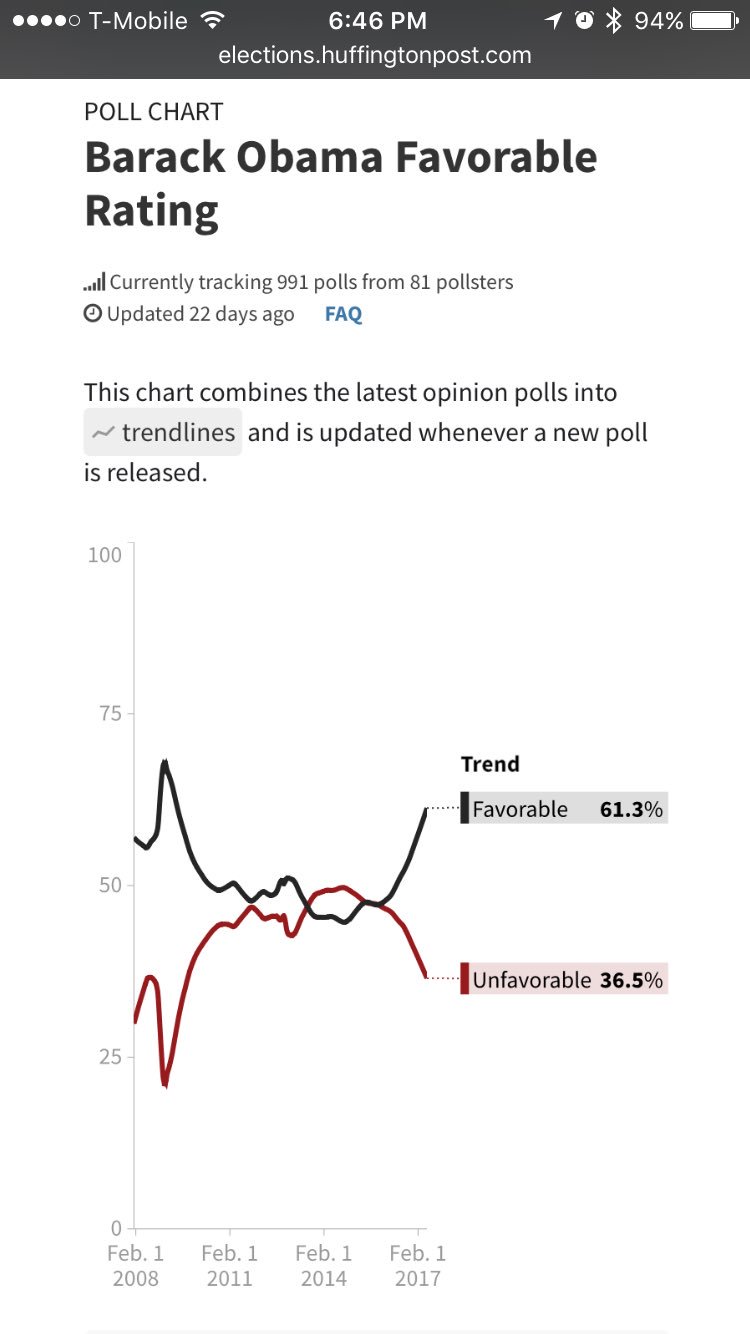WASHINGTON With his fellow Senate Republicans struggling to produce an Obamacare replacement, Rob Portman of Cincinnati is pushing to gradually scale back federal funding of Medicaid expansion in Ohio and other states.
The proposal stands in contrast with the House-passed version of the Affordable Care Act replacement, which cuts off federal money for Medicaid expansion by 2020.
Another contrast is that Ohio Gov. John Kasich may support the Portman plan.
Spokeswoman Emmalee Kalmbach said Kasich has previously said that hes willing to consider a reasonable transition to a regular match (of federal funds), but it would depend on states also getting additional flexibility they need to manage their programs.
The Medicaid expansion was a major feature of Obamacare, allowing Kasich to use federal money to provide coverage to more than 700,000 low-income Ohioans.
Like Kasich, Portman opposes the House bill.
Although Senate Republicans have yet to agree with Portmans compromise plan, it would provide Ohio and other states with seven additional years of federal money to help pay part of the costs of expanding coverage of Medicaid, the joint federal-state program that pays health-care coverage for poor, blind and disabled.
My goal is to ensure that those on expanded Medicaid continue to have good health care options under a new system, whether its under the current Medicaid structure or affordable health care options on the private market, Portman said.
In addition to my efforts to give governors more time and flexibility to adjust to a new system, Im working with my colleagues to provide governors with a dedicated new funding stream to ensure those using expanded Medicaid resources to treat their addiction can continue to receive treatment as they work to get back on their feet, Portman said.
But Portmans plan provoked intense criticism from those who want to retain Medicaid expansion. Amanda Wurst, a spokeswoman for the Alliance for Health Care Security, said Portman is giving Ohio families a sucker punch in the gut.
Taking straight from the disastrous House health care repeal, this proposal repeals Medicaid for almost 700,000 Ohioans, putting health care for seniors, people with disabilities, and children at risk, Wurst said. This is a sad and stunning sellout of his Ohio constituents.
Portman objected to the House bill passed last month. He said while the status quo under Obamacare is unsustainable, the House bill does not do enough to protect Ohios Medicaid-expansion population, especially those who are receiving treatment for heroin and prescription-drug abuse.
But with only 52 votes in the Senate, Republicans have little margin for error to produce their own health-care version.
Under the House bill, people who were in the expanded program before 2020 would be grandfathered in, but those dropping out could not return, meaning the number of those people on expanded Medicaid coverage would shrink.
States could continue to provide expanded Medicaid coverage, but would have to pick up more of the costs, which could cost Ohio as much as $1.2 billion a year by 2021.
Obamacare cut the number of people without coverage by 40 percent by expanding Medicaid and providing middle-income people with tax credits to buy individual insurance policies.
Families of four earning between $34,000 and $98,400 a year can receive federal tax credits to buy individual insurance policies through the federal or state marketplaces, known as exchanges.
Obamacare allowed states to provide Medicaid coverage to families of four earning as much as $33,948 a year, which is 138 percent of the federal poverty level.


